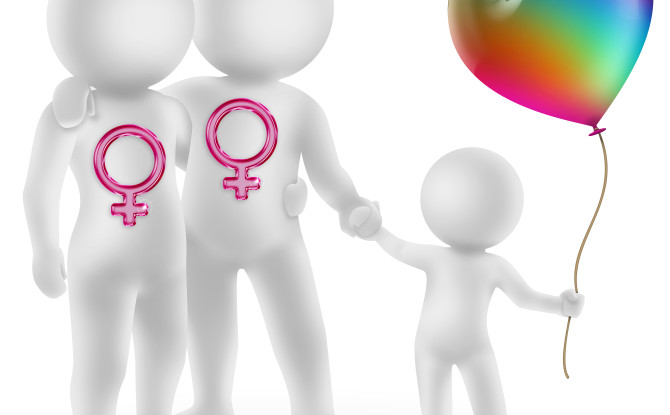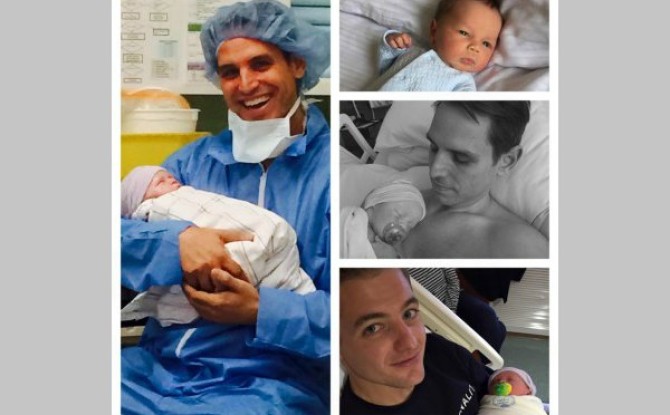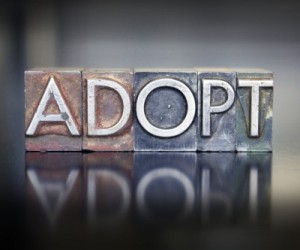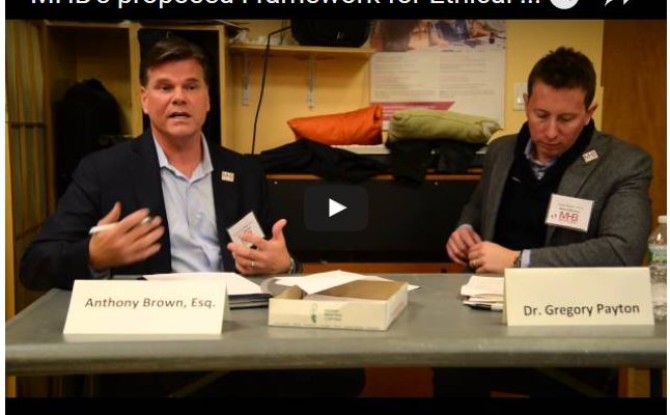The “parent adoption” process is also referred to as Second Parent or Step Parent Adoption. Here is what you need and what you need to know!
When one partner or spouse in a relationship adopts the biological child of their parent or spouse that is referred to as a “Parent Adoption.” If the parties are unmarried, it is called a Second Parent Adoption. When the parties are married, it is called a Step Parent Adoption. While gay couples across the country enjoy equal marriage rights, the laws for New York State adoption are still muddled, and it’s advisable for most same-sex couples to petition for a second or step parent adoption to build that legal relationship between non biological parent and child. If there is another biological parent involved, or if a couple uses a known sperm donor, their consent will be required for the adoption to move forward. If, however, the child is the product of an anonymous sperm donation, then no consent is required.
New York State Adoption Step by Step
In a nutshell, you need to compile a lot of paperwork and have a good family lawyer, preferably one that specializes in adoptions for same-sex couples. Here is a rundown of what you will need:
- The completed intake from your attorney. This is a general questionnaire that includes information for both parents and the child.
- The original birth certificate for the child. A copy will not suffice. You will, however, get a new original birth certificate after the adoption which will add the name of the adoptive parent if it is not already on the original birth certificate.
- A letter from the employer of the petitioning parent, and in some counties the biological parent, stating their position and salary. If you are not currently employed, they will need your last year’s tax returns.
- A letter from the doctor of both parents stating that they are in general good health.
- A letter from the child’s pediatrician stating that he or she is in general good health.
- A completed form 1-D (a more elaborate medical assessment) by the child’s pediatrician
- In cases of a surrogacy, you will need copies of your carrier and donor agreement.
- In cases of artificial insemination, in vitro fertilization and surrogacy, a letter verifying insemination.
- If married, a copy of your marriage license.
- Previous divorce decrees if either parent has been previously married.
- If either parent has ever been arrested or convicted of a crime, the details and disposition records for any offense must be submitted.
- A list of every residence the petitioning parent has lived at for the past 28 years, including months and years associated with every address.
- Financial information, including the value of your home, any owned real estate, stocks and bonds, life insurance information and any sources of income other than employment.
- The petitioning parent must be fingerprinted for a criminal background check
- A home study, which is generally arranged for once your lawyer has been retained.
Keep in mind that this process may vary slightly from state to state and county to county, so it’s important to find an attorney familiar with the legal details in your specific location. While the New York State parent adoption process may seem harrowing, keep in mind that your adoption attorney is there to help you, advise you and even help keep you organized every step of the way. Read more about the process here.
Anthony M. Brown, head of Nontraditional Family and Estates division of Albert W. Chianese & Associations, has extensive experience in helping same-sex couples through the adoption process, having gone through the process himself. If you have yet to create a legal relationship with your child or children, call 212-953-6447 or email Anthony at Anthony@timeforfamilies.com.
















